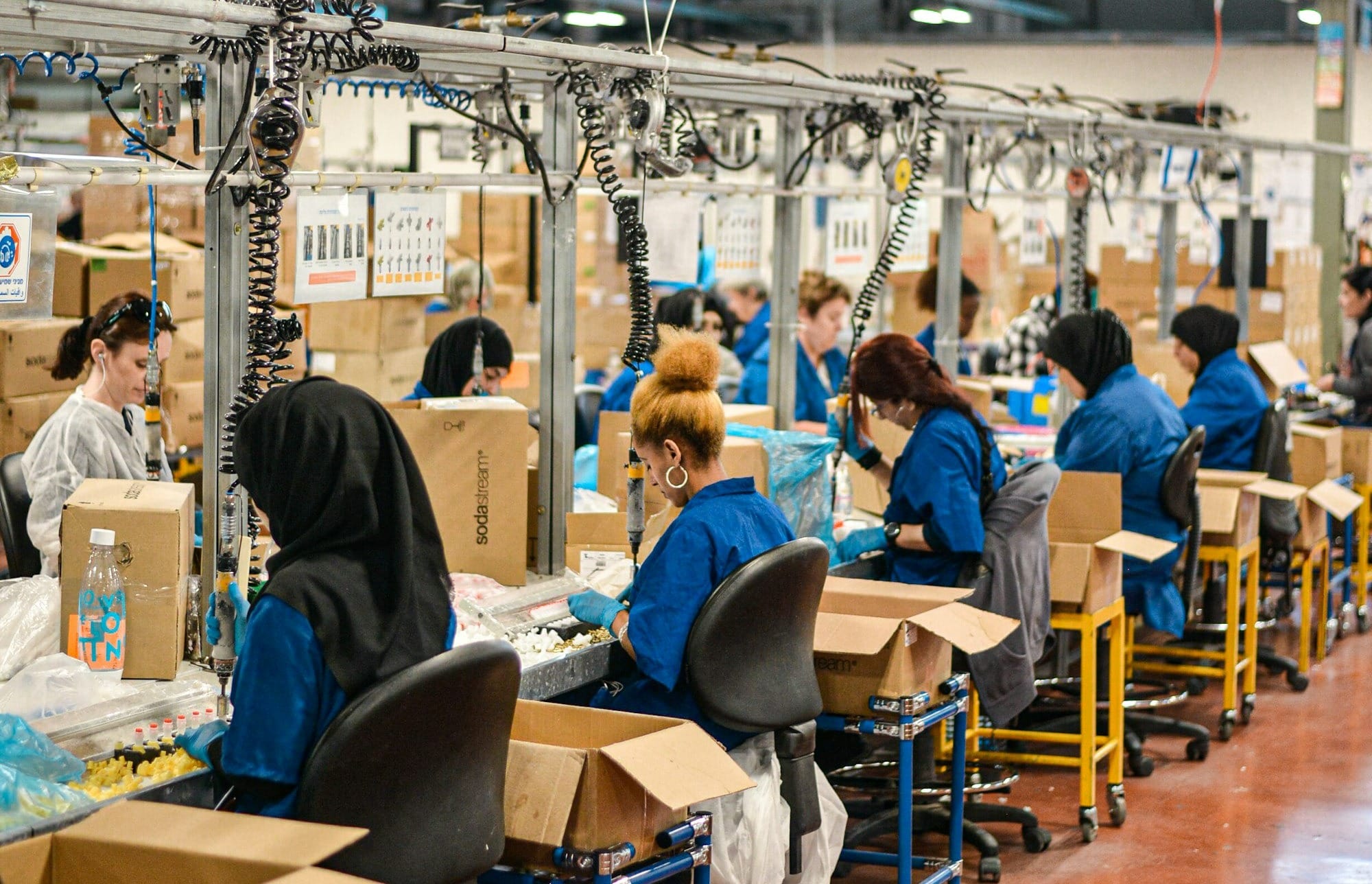From mail and warehouse sorters to recycling and electronics, these roles span a variety of fields. Each requires a keen eye and swift coordination to keep systems running seamlessly.
Key Skills Required for Sorter Roles
Sorter roles demand a unique blend of physical and mental skills to ensure efficiency and accuracy. One of the primary skills required is attention to detail; sorters must accurately distinguish between different items and materials, often under time constraints. Physical stamina is equally crucial since the job may involve standing for long periods, lifting heavy objects, and repetitive motions, all while adhering to safety protocols. Effective communication skills are also important for coordinating with team members and reporting discrepancies or issues promptly.

Additionally, basic technological proficiency is vital as many sorting tasks are now supported by specialized machinery and software. A good sorter should be able to operate these tools, troubleshoot minor issues, and report significant malfunctions to the appropriate personnel. Time management and organizational skills are essential, enabling sorters to meet production deadlines while maintaining high standards of quality and safety. Familiarity with inventory systems can further enhance efficiency, aiding in the seamless flow of goods through the sorting process.
Daily Responsibilities of a Sorter
The role of a sorter is multifaceted, involving a variety of tasks that ensure the smooth operation of sorting processes. Each day, sorters are responsible for the meticulous inspection and categorization of items based on predefined criteria or dispositions. This may include materials such as mail, waste, or products within a warehouse. The job demands a keen eye for detail to identify items that require special handling or different processing methods. In environments like warehouses or recycling centers, sorters also assist with the safe and efficient handling of heavy items, ensuring they are moved to the appropriate locations without damage or risk of injury.
Sorters also play a crucial role in maintaining workflow and operational efficiency. This involves operating machinery, such as mail sorting machines for mail handlers or conveyor belts in a production facility, to streamline the sorting process. Adherence to safety protocols is paramount, as is the ability to communicate effectively with team members. This ensures that any issues are quickly addressed and that everyone is on the same page. Additionally, sorters are often required to track and record data on sorted items, which helps in monitoring productivity and performance against targets. This responsibility underscores the importance of both precision and cooperation in the daily life of a sorter.
Technological Tools and Equipment Used by Sorters
Sorters employ a variety of technological tools and equipment to efficiently complete their tasks. One of the primary tools in their arsenal is the conveyor belt, which moves items past workers at a steady pace, ensuring that they can sort and classify each piece accurately. Additionally, optical scanners and barcode readers are vital for identifying and categorizing items, especially in high-volume settings like warehouses and distribution centers. These devices help sorters to quickly scan and process items, reducing errors and increasing productivity.
Another critical piece of equipment is the automated sorting system, which can include robotic arms and other machinery designed to handle repetitive tasks. These systems are often used in mail and parcel sorting facilities where speed and precision are paramount. Alongside automated systems, sorters might use specialized software to track inventory and maintain accurate records. This software often integrates with larger warehouse management systems, ensuring seamless operations and real-time data updates. Combined, these tools and technologies enhance the efficiency and accuracy of sorting tasks, making them indispensable in modern sorting roles.
Training and Education for Aspiring Sorters
For those seeking a career in sorting, formal education requirements are often minimal, making this an accessible field for many. Most sorter roles necessitate a high school diploma or its equivalent. However, some specialized positions, like electronic equipment sorters, might require additional certifications or participation in particular training programs to handle specific tasks safely and efficiently. In-house training is typically provided, focusing on the nuances of the items being sorted and the tools used in the process. Physical fitness can also be a prerequisite, given the demanding nature of the work.
Continuous on-the-job training plays a crucial role in a sorter’s development. Employers frequently offer training sessions covering updated safety protocols, new technology, and efficient sorting methods. This ongoing education ensures that sorters remain proficient and up-to-date with industry standards. By engaging in these learning opportunities, aspiring sorters can enhance their skill sets, improve their job performance, and potentially open doors to more advanced positions within the industry
